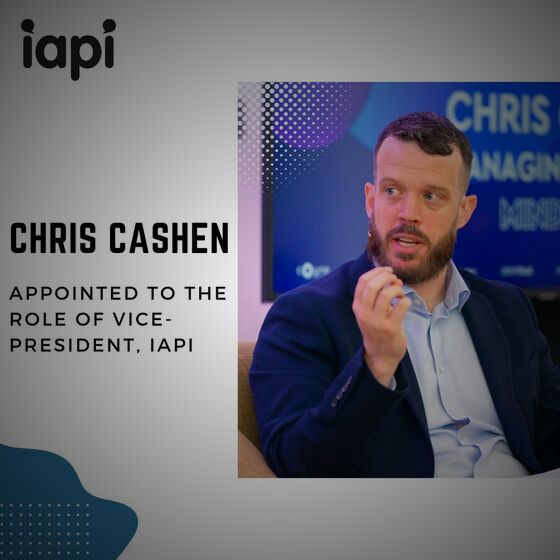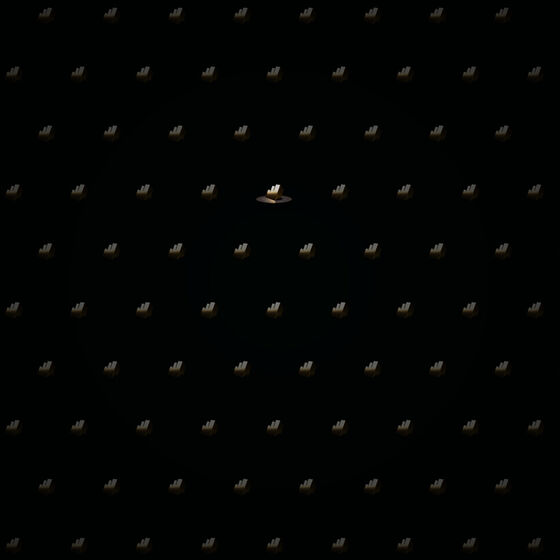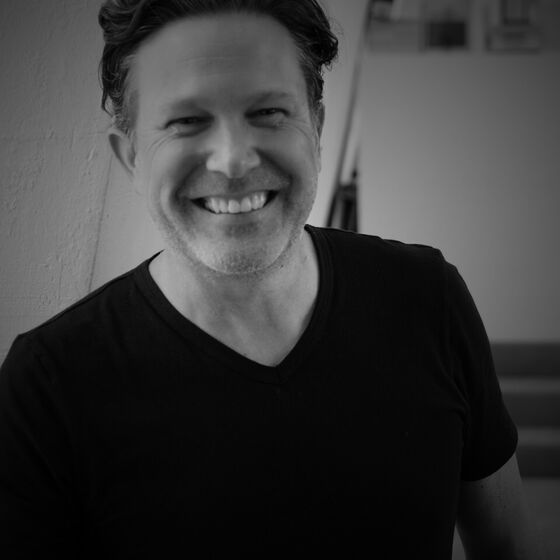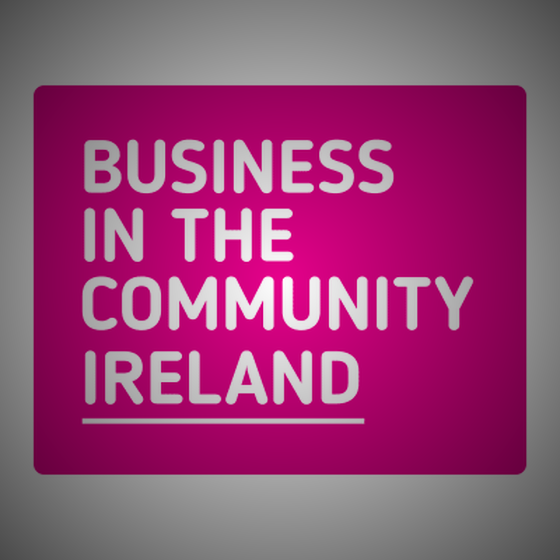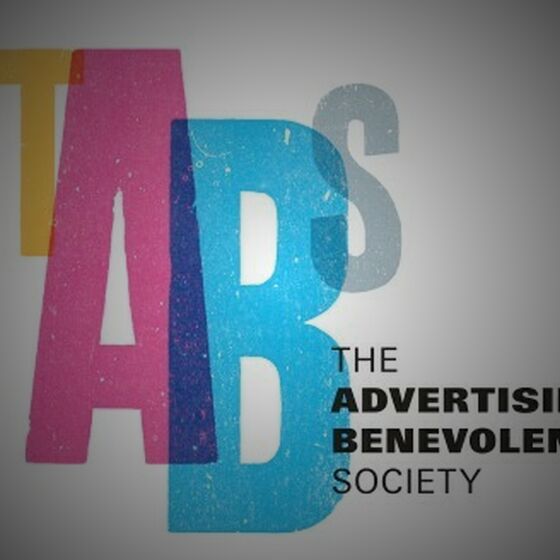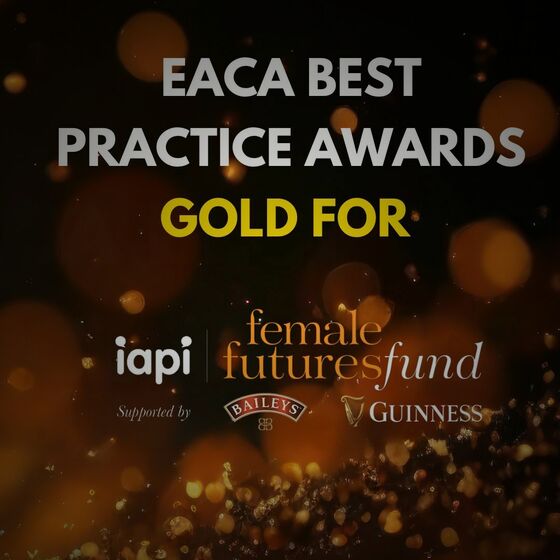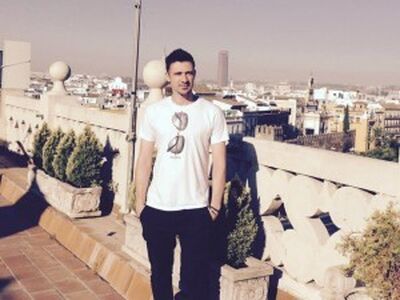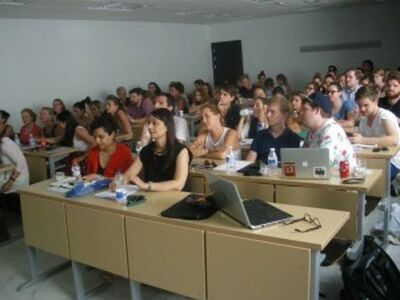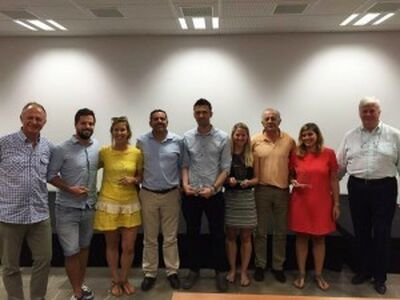What is the European Association of Communications Agencies (EACA) Summer School?
The EACA International Summer School is an annual, week long school run in July and is held in a different European city each year. I was lucky enough to take part in the Summer School 2015 when it was held in Seville and was on the winning team in the advanced course. It was a fun but challenging week.
It is a week spent learning many of the key skills you will need to work successfully in the advertising and communications industry and comprises of interactive workshops that are given by leading advertising professionals in the industry such as Steve Henry and Richard Robinson. It is run over 5 days, Monday to Friday, and usually starts at 9 and finishes at 6 each day with an hour lunch. It is split into three groups: advanced, foundation and digital.
On the first day you are put into teams and are given a brief from an international client to work on over the week and on the final day you pitch your idea in front of a judging panel comprising the client, EACA’s Director General and EACA’s School Principal, as well as an agency representative.
On the first morning of the course everyone met at the university and from there we took a field trip to visit our client Barbadillo. Barbadillo is the industry leader in sherry and manzanilla wine exports and is one of the oldest family businesses in Spain. Here we were given a tour of the Barbadillo wine cellar and after watching a presentation about the company, we were given our brief for the week. After lunch we headed back to the university and had our first workshop. In the evening we had welcome drinks where the students and lecturers had a chance to mingle and I got to know the members of my team.
My team consisted of Rebecca, an Account Manager at Sudler & Hennessey in London; Roman, a junior marketing consultant at Jung von Matt in Zürich; Stephanie, a Media Planner at OMD Worldwide in Zürich and Sara, an Account Executive at Ketchum Public Relations in Rome. We decided to meet up later that night and start to work on our brief as we only had four days before we had to pitch to our client. For the remainder of the week, we would socialize after college and work on the project.
During the week we would also have to attend two 3 hour workshops per day which were inspiring and often challenging and usually we would be assigned various tasks. For example, in one workshop, ‘Breaking the Rules of Creativity’ with Steve Henry, we would be put in our project teams and given 20 mins to brainstorm ideas for a campaign for the search engine ‘Bing’ and then we would have to go in front of the class and present our ideas. This was one of many tasks during his workshop, and there were similar tasks in the other workshops during the week all of which were to push you out of your comfort zone and test your creativity.
On the Friday morning, before our main pitch, we had one final workshop, ‘Connecting your content to your audience’ with Siobhan Stanley, who had a long career as a ballet artist before moving into advertising and working with Saatchi and Saatchi for many years. Here she shared her insights and knowledge of performing and communication and gave us lots of vocal exercises to help us before we did our pitch.
After lunch, we had our pitch presentations. There were 8 teams in total doing the advanced course. Each team had roughly 10-15 mins to do their pitch and then answer questions from the judges. When everyone was finished presenting, the judges went off to deliberate and we all came back together an hour later for the result. Each team was given feedback until eventually a winner was announced, and we were the winning team. Each of us was presented with a trophy and certificate.
In the end, I would have to say the Summer School was a great experience and winning the competition made it an unforgettable week. While it was intense at times, overall I learned a lot. It gave me the opportunity to learn from some of the leading advertising professionals in the industry and meet new people from other European advertising agencies.
The only downside was that we could only work on the client project in the evenings as we were in college till 6 most days, so there was a lot of pressure to get it done in 4 evenings.
I would highly recommend the course to other students or to anyone working or hoping to work in advertising. It is a fun and challenging week where you will probably get very little sleep, but you will leave feeling inspired and having learnt a great deal about the real world of advertising.
